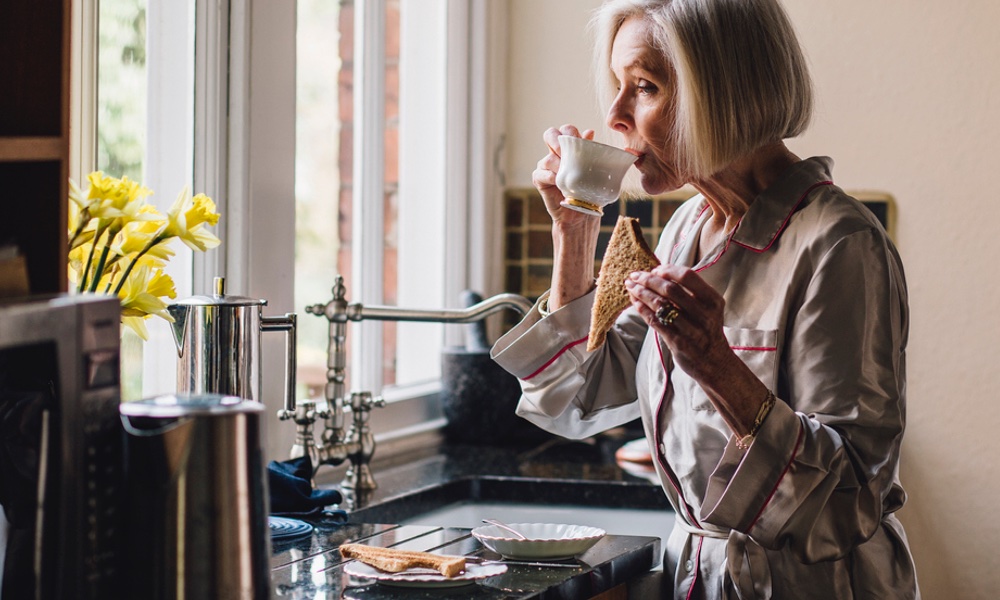Loneliness is all too common in people with dementia. As their failing cognitive skills make conversation difficult and members of their social network become uncomfortable, their chances for social contact diminish.
Caregivers, including spouses and adult children, can feel isolated as well, especially as their responsibilities increase. Researchers from the University of California at San Francisco and Harvard examined feelings of loneliness in patients at different stages and with different types of dementia, and also studied the feelings of their caregivers.
Data from a group of 24 people with dementia and 48 caregivers revealed that loneliness is a shared experience. The researchers found that tailoring interventions to patients' and caregivers' different needs could help both groups gain a stronger sense of social connection.“People often assume that people with dementia don't care about their social life any more, but that is far from the truth.”
People with dementia may say they feel lonely and that they are losing their place in the world. This can be a very emotionally distressing experience, particularly when they know those changes may worsen over time, Kotwal explained. “People often assume that people with dementia don't care about their social life any more, but that is far from the truth.”
Those in strong marriages have the most to lose when their partner develops dementia. In a recent study published in The Journal of the American Geriatrics Society, spouses who described their marriage as very good were more likely to be lonely than those in unsatisfying relationships. “When people are really invested in their relationship, they have more to lose when their partner's health changes,” said Kotwal. “It is the most powerful relationship they have.”
Kotwal invites patients and caregivers to brainstorm what might help. They are the experts. This might involve revisiting shared activities, such as listening to music they used to enjoy together. He also discusses with patients and caregivers how they can build social networks where they will feel comfortable and other people understand what they are going through.
Support groups for those with dementia and their caregivers are available. Kotwal and his team have found when people go to these groups, they start engaging in shared social activities outside those structured environments.
Caregivers should know there is good help available. Social workers on clinical teams are extremely knowledgeable about local resources and support groups or respite services for caregivers, Kotwal said. Other resources include the Alzheimer's Association, Family Caregiver Alliance and area agencies on aging.Many spouses don't take a big role in caregiving because of their own health needs.
Going forward, Kotwal and his associates are working on ways to support spouses and caregivers during the course of a partner's illness. Caregiving is very physically demanding, and many spouses don't take a big role in caregiving because of their own health needs, so the team hopes to study how mental health and social needs change during the course of dementia, and in this way determine when spouses most need support.
The study is published in The Gerontologist.





